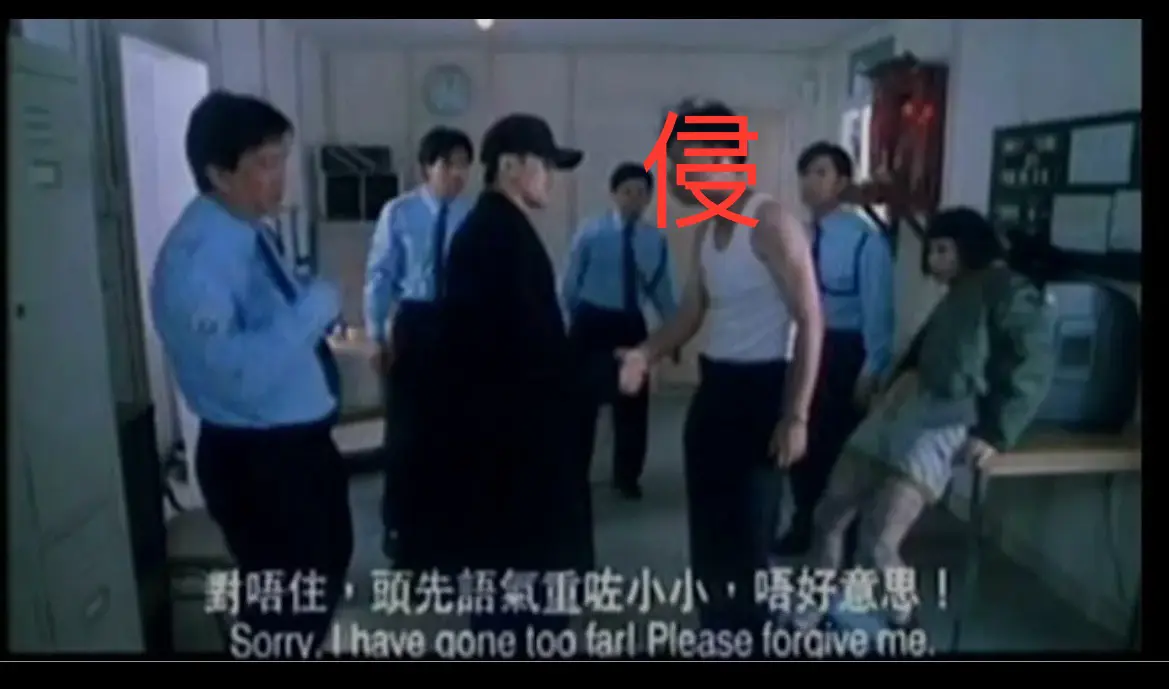https://www.washingtonpost.com/education/2025/06/06/state-department-tells-consulates-reject-harvard-visas/
State Department tells consulates to resume processing Harvard visas
The new cable was sent a day after consulates were directed to reject visa applications for foreign students planning to study at Harvard.
The State Department on Friday night told consulates around the world to resume processing visa applications for students planning to attend Harvard University, reversing guidance sent a day earlier that directed such requests to be rejected.
The new directive rescinded one issued Thursday, less than an hour before a judge blocked the Trump administration from restricting international students from entering the country to attend Harvard.
Now, “consular sections must resume processing of Harvard University student and exchange visitor visas,” the cable, sent Friday at 7:55 p.m., states.
On Thursday, a directive instructed consular officers to keep visa appointments for those affected and to assess whether an applicant is otherwise eligible for admittance to the United States, according to a copy viewed by The Washington Post. But those who seek to “begin a course of study at Harvard University or participate in an exchange visitor program at Harvard University” should be rejected, the directive said.
It said that the department will not provide refunds of visa application fees to those affected “as the applicant is still permitted to interview.”
That cable came after the Trump administration’s second attempt to block visas for foreign students who plan to study at Harvard. The State Department on Friday declined to comment on the memo directing visas to be rejected or whether there were plans to rescind it in light of the court’s order.
On May 22, the Department of Homeland Security said it would bar Harvard from participating in the Student and Exchange Visitor Program certification, which allows universities to enroll foreign students, alleging that Harvard allowed “anti-American, pro-terrorist” foreigners “to harass and physically assault individuals … and obstruct its once-venerable learning environment.”
That move was blocked by a federal court.
On Wednesday, President Donald Trump issued a proclamation barring admission to the United States for students intending to study at Harvard. In court documents, Harvard called the move a patent end run around the judge’s order. Just before 7 p.m. on Thursday, the university asked the court to block Trump’s proclamation, filing a motion for a temporary restraining order.
It was granted about three hours later, at 9:54 p.m., but not before the State Department sent its directive instructing that Harvard visas be rejected.
The State Department sent that message to consulates at 8:59 p.m. Thursday. The memo issued before the court order said that a new code was being created to indicate the reason for rejection: “HRVD.”
The rules applied to those who had already been approved and whose visas had already been printed but not yet passed back to the applicant, the cable said. Officers were told to cancel the visa in those cases, it added.
The Friday night directive said embassies and consulates should continue completing additional vetting for anyone requesting visas to travel to Harvard, including screening their social media accounts.
Even with the ban officially rescinded, experts say that the State Department has enormous authority over who is granted a visa. Consular officers can refuse visas for any reason and are not required to explain why. Visas can also be put into “administrative processing,” a limbo status during which applicants have no idea what is happening with their cases.
Given the enhanced vetting in place, some experts suspect that the visa denial rate for Harvard will be considerably higher, even if the university continues to win in court.
[TACO] 美國重新開始處理哈佛學生簽證
膠智的kai龍
11 回覆
0 Like
2 Dislike
啱啱轉嚟香港個兩件點

又縮

蝕咗
說明傻侵做事靈活變通,唔似左膠咁死板
總之含侵力又贏
總之含侵力又贏

玩死

做野唔用腦,柒左就悔棋


留名睇花式含侵
又Ctrl + z





當轉工咁
最後no show
拎左個offer先
最後no show
拎左個offer先
